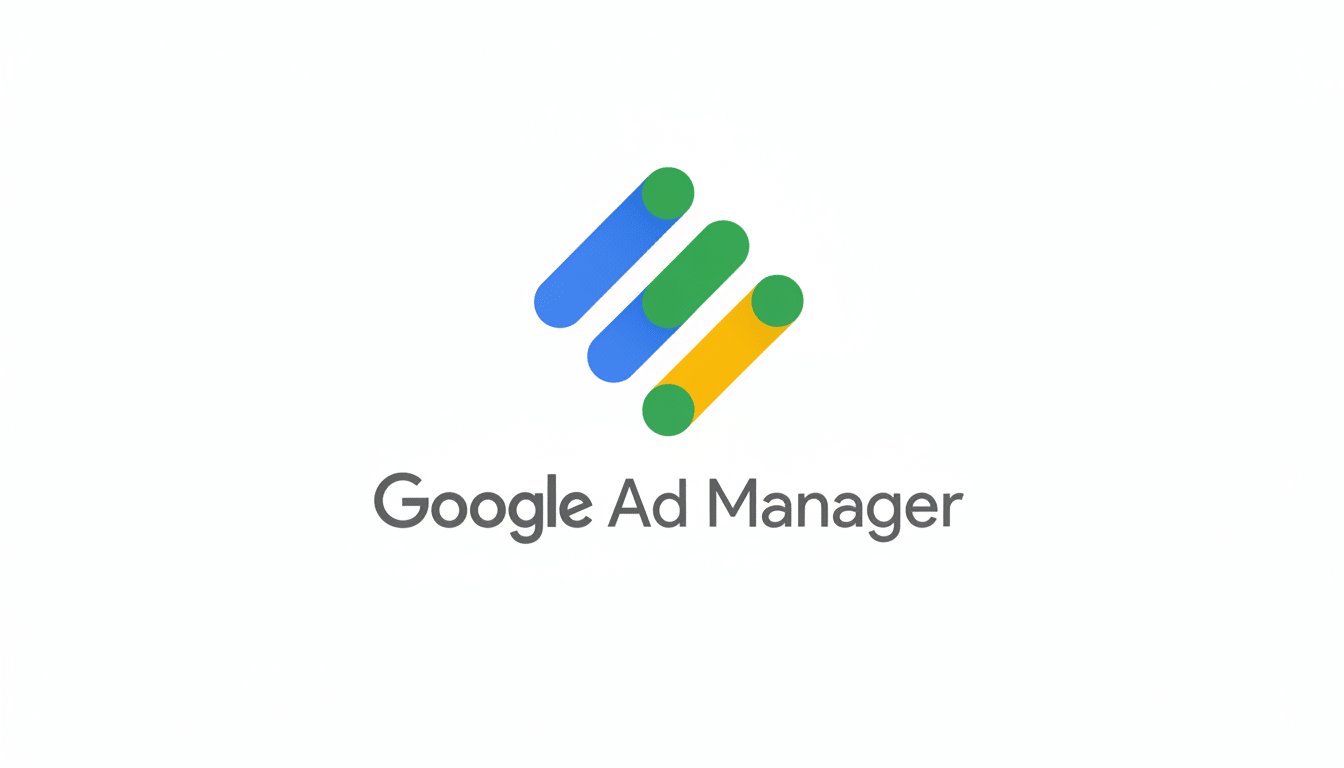PubMatic, an adtech business, has filed an antitrust lawsuit against Google, claiming that the company illegally tries to maintain monopolies in parts of the digital advertising stack. The complaint is seeking billions in damages and claims that Google’s dominance over publisher ad serving and exchange auctions has suppressed competition and innovation, according to Bloomberg reporting.
The case follows on the heels of a sweeping federal ruling that found Google unlawfully maintained a monopoly over ad exchanges and ad servers, with a separate remedy proceeding expected to consider whether structural remedies should be imposed on Google’s ad business. PubMatic’s actions represent a belief among independent exchanges and sell-side platforms that they have a window to disrupt what they contend has been a rigged market.

What PubMatic alleges
PubMatic alleges Google used its dominance in publisher ad serving, which it controls through Google Ad Manager, to give its exchange, AdX, a leg up through preferred auction elements, discriminatory fees, and product designs that tamped down competition. The complaint is likely to put a spotlight on practices that regulators and courts have already looked askance at, among them “last look” advantages, dynamic allocation and the steering of demand to Google-run pipes.
The suit also takes issue with Google’s treatment of header bidding compared with its own server-side version, Open Bidding. PubMatic and the other independent companies claim Google has inserted control points in its operations to make independent header bidding run slower or be less effective, then positioned its server-sider as the “safer” default. Similar allegations surfaced in state-sponsored and federal cases, as well as in publisher suits that accused Google of quietly running programs, like the so-called Project Bernanke, that set the stage for auction outcomes to go in its favor. Google has pushed back on those characterizations and said its optimizations helped buyers and sellers.
The argument put forward by PubMatic’s leadership is that the case is actually in relation to reopening competition in a fair way. Its chief executive has publicly stated that the company’s progress ran into synthetic ceilings imposed by Google’s market power, not actual constraints of technology. And testimony at trial in an earlier antitrust case showed that at one stage Google had considered buying PubMatic, before acquiring the ad tech firm AdMeld instead — an anecdote that tells you everything you need to know about consolidation and vertical integration in this industry.
Why the stakes are so high
Digital advertising is a huge market — internet ad revenues in the US total hundreds of billions of dollars annually, according to the IAB/PwC Internet Advertising Revenue Report. Programmatic trading represents the vast majority of display spending, according to eMarketer, so even a small amount of friction in the design of the auction or in access to it can redirect sizable flows of revenue and determine which publishers thrive.
One UK competition regulator’s review has described Google’s share of publisher ad servicing as dominant and has raised conflicts of interest when the same company operates the leading ad server and one of the leading exchanges. The findings reinforce longstanding complaints from publishers and other platforms: when the referee is also a player, neutrality becomes difficult to trust, especially in auctions that last mere milliseconds and are shrouded in secrecy.

If courts ultimately seek divestitures — for example, breaking apart Google’s ad server and exchange — or impose conduct remedies, such as substantial interoperability or data firewalls, the mechanics of programmatic auctions could change dramatically. That might accelerate independent header bidding, and cause take rates to change (they would likely increase for some audience, decrease for others), and affect how agencies and DSPs might pursue supply path optimization strategies.
Google’s defense and how it fits into the broader legal landscape
Google has repeatedly said that its ad tech practices are not anti-competitive and that its products help streamline the ad industry, leading to lower prices and better performing ads for everyone involved. The company argues that there are plenty of alternatives to its products and that features like Open Bidding brought more interoperability and lower latency compared with the early days of header bidding.
The PubMatic lawsuit is the latest in a crowded legal landscape. The U.S. Department of Justice and several states have sought what are known as structural remedies against Google’s ad tech stack in federal court. In Europe, the European Commission has been pursuing a case that considers divestiture as a remedy, and competition authorities in France have fined Google previously for ad server conduct. Parallel pressure from publishers and rival platforms via private actions has compounded the pressure, with some claims narrowed or settled.
What to watch next
Among the big questions now are whether PubMatic’s case will be coordinated with the federal proceedings already moving on, what sort of discovery could crop up about exchange mechanics, and how the court will weigh structural versus behavioral remedies. Any ruling that alters how Google’s ad server interacts with exchanges would send shock waves through fee structures, auction transparency and the balance of power between walled gardens and the open web.
For publishers, the result could affect yields, buyer access and leverage in negotiations. It might change supply-path considerations and the math of working through Google’s stack or a completely independent path for advertisers. For the market in general — which has been navigating cookie deprecation, privacy shifts and AI-driven bidding — the case is a critical test of whether transparency and competition can be rebuilt into the foundations of programmatic advertising.

